Haiti’s already fragile situation has deteriorated even further as more than 20,000 people have been displaced in just four days due to escalating gang violence in the capital, Port-au-Prince.
This alarming surge in displacement has been flagged by the International Organization for Migration (IOM), which has warned that the humanitarian crisis in the country is reaching catastrophic proportions.
Gregoire Goodstein, the IOM’s Haiti chief, highlighted the critical nature of the situation, stating,
“The isolation of Port-au-Prince is amplifying an already dire humanitarian situation. Our ability to deliver aid is stretched to its limits.
Without immediate international support, the suffering will worsen exponentially.”
This grim assessment paints a picture of a nation on the brink, with its citizens caught in the crossfire of a spiraling conflict.
The violence in Port-au-Prince has been primarily fueled by well-armed gangs that have gained control of over 80% of the city.
These criminal organizations routinely target civilians, contributing to an environment of lawlessness and fear.
Despite the presence of a Kenyan-led multinational force, which was dispatched to assist the Haitian police, gang violence continues unabated, overwhelming local security forces that are significantly outgunned and outnumbered.
The displacement of citizens has been massive, with approximately 17,000 of the 20,000 displaced persons already finding temporary housing, though many have been uprooted multiple times.
The IOM stated that such a scale of displacement had not been observed since August 2023.
The rapid movement of people is indicative of the widespread instability in the capital, with thousands of families seeking safety in makeshift shelters while attempting to escape the violence that has become a constant in their lives.
The situation has been compounded by a lack of vital infrastructure and communication.
Recently, the United States imposed a month-long ban on all civilian flights to Haiti following the shooting down of three jetliners approaching or departing from Port-au-Prince.
This move effectively severed the country’s connection to the outside world, making the delivery of aid and support even more difficult and straining the capacity of organizations like the IOM.The root causes of the crisis are deeply embedded in Haiti’s political instability.
The recent appointment of Prime Minister Alix Didier Fils-Aime, who succeeded Garry Conille, has done little to quell the ongoing power struggles within the government.
Conille’s brief tenure was marked by conflict with Haiti’s unelected transitional council, which further exacerbated the country’s governance challenges.
This political instability, combined with the growing violence, has left the Haitian government unable to address the needs of its people effectively.
As gang violence and political instability continue to ravage Port-au-Prince and other parts of Haiti, the international community’s response is more critical than ever.
The IOM has called for immediate international support to mitigate the worsening humanitarian crisis, urging that Haiti’s suffering be addressed before it spirals further out of control.
The country is in desperate need of both humanitarian aid and robust security interventions to restore order and prevent the further displacement of its population.
Without swift intervention, the situation in Haiti could deteriorate into an even greater catastrophe, one that will leave the already vulnerable Haitian population even more exposed to the ravages of gang violence, political instability, and the harsh realities of a nation in crisis.



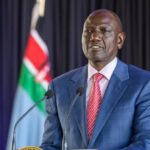


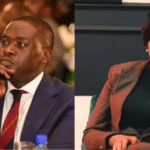
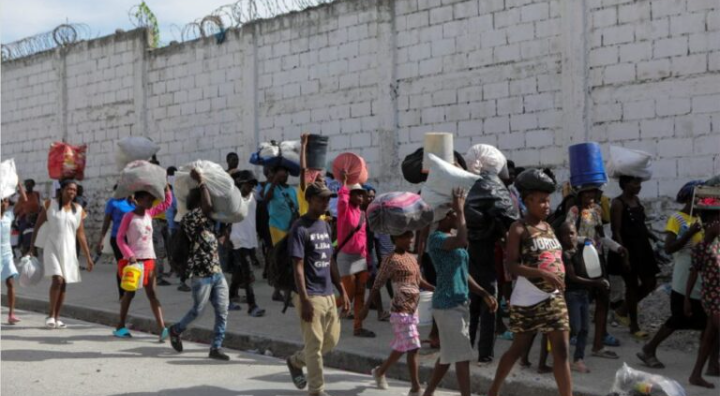

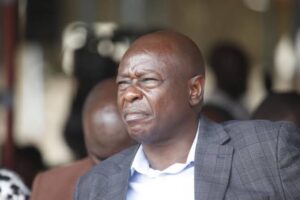
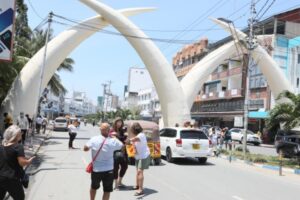
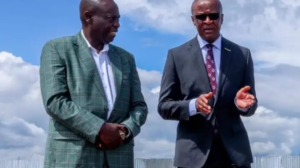

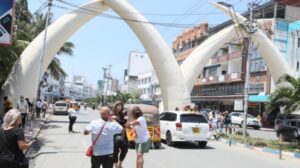


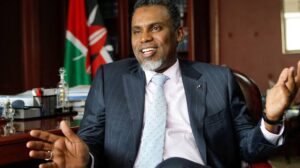




Add Comment